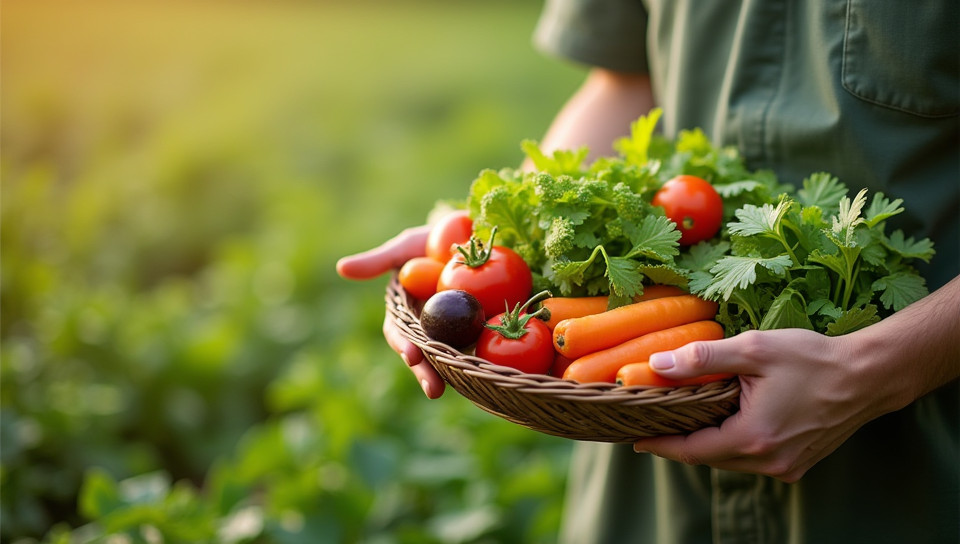Eating plant-based diet promotes sustainable food production systems 74%

The Future of Food Production: How Eating Plant-Based Can Save the Planet
As we continue to grapple with the challenges of climate change, environmental degradation, and food insecurity, it's clear that our traditional approaches to food production are no longer sustainable. The good news is that there's a simple yet powerful solution: adopting a plant-based diet. By shifting away from meat-centric eating habits, we can significantly reduce our impact on the environment, promote more efficient use of resources, and create a healthier, more equitable food system for all.
The Impact of Animal Agriculture
Animal agriculture is a significant contributor to greenhouse gas emissions, deforestation, and water pollution. In fact, it's estimated that around 14.5% of global greenhouse gas emissions come from animal agriculture, making it one of the largest contributors to climate change. Additionally, the production of meat requires vast amounts of land, feed, and water, leading to widespread deforestation and habitat destruction.
The Benefits of Plant-Based Eating
So what are the benefits of eating plant-based? Here are just a few:
- Reduced greenhouse gas emissions
- Lowered risk of chronic diseases such as heart disease, diabetes, and some cancers
- Increased food security through more efficient use of resources
- Improved animal welfare by reducing demand for factory-farmed animals
- Enhanced biodiversity through reduced deforestation and habitat destruction
Sustainable Food Production Systems
Plant-based eating is not only better for the planet, but it's also a key component of sustainable food production systems. By focusing on plant-based agriculture, we can promote more efficient use of resources, reduce waste, and create a more resilient food system.
Creating a Plant-Based Future
So how can we create a plant-based future? Here are some strategies to get us started:
- Encourage policymakers to support plant-based agriculture through subsidies and incentives
- Promote education and awareness about the benefits of plant-based eating
- Support companies that prioritize plant-based production and sustainable sourcing
- Invest in research and development of new plant-based products and technologies
Conclusion
The future of food production is plant-based. By adopting a diet rich in fruits, vegetables, whole grains, and legumes, we can significantly reduce our impact on the environment, promote more efficient use of resources, and create a healthier, more equitable food system for all. So let's make the switch to plant-based eating and create a more sustainable future for generations to come.
- Created by: Alicja Jankowski
- Created at: Aug. 19, 2024, 10:34 p.m.
- ID: 7776

